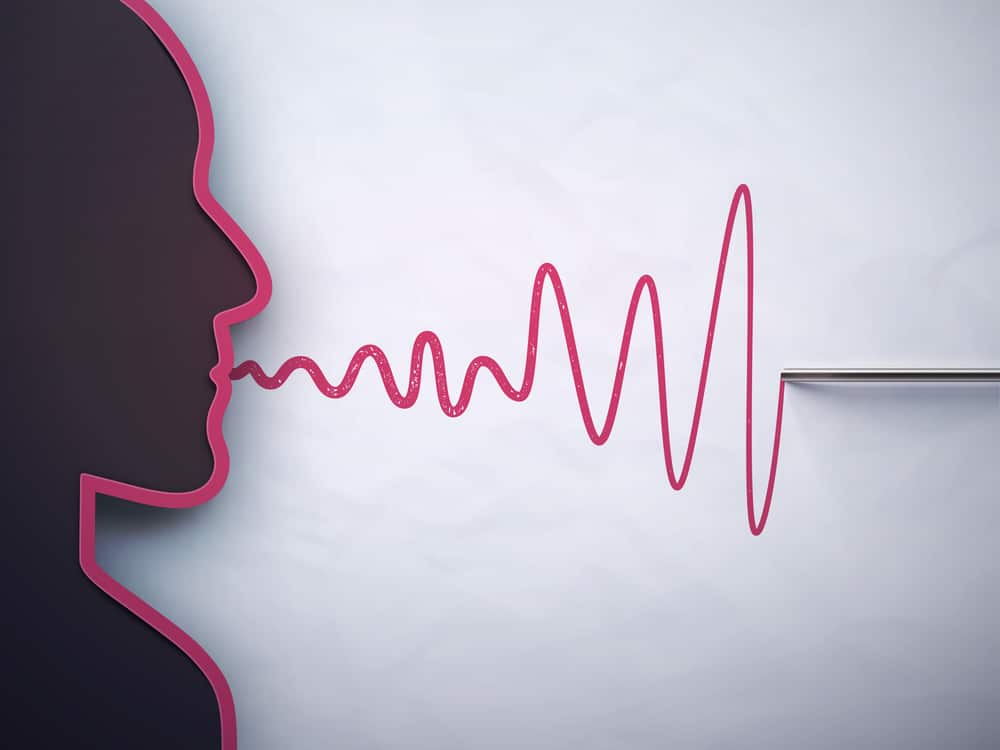The polygraph test has urban myth status among a large segment of society. A polygraph test is an important tool in every lawyer’s toolbox–including that of the criminal defense attorney. This blog post explores the myriad of uses and limits of a polygraph and similar tests in the legal system today, as well as those for the future.
Will a polygraph test prove useful in your criminal matter (civil)?
A common agreement among criminal defense lawyers is individuals should not make statements to police officers if they are being investigated. However, even when knowing not to make statements, some will answer questions without giving it too much thought. The human desire to explain makes not giving a statement difficult. Usually, this occurs before the defendant has “lawyer’ed up”.
In the context of such a police statement in general or one made under custodial interrogation, the police may request a defendant take a voice stress test.1 This is effectively the poor-man’s polygraph. These measures stress in a defendant’s voice to assist the police in determining the credibility of the defendant’s statement. The theory of a voice stress test is certain stressors tend to increase pitch in voice and can be perceived as indicative of guilt.
The more-advanced polygraph test has many more credible uses, such as to screen the veracity of applicants to the force by future police officers2. These are also used by some employers in employment screening and retention and risk management. However, polygraphs tests have some subjective interpretation and are not admissible to demonstrate guilt (or lack thereof) under the Indiana rules of evidence and case law. Polygraphs have been around a long time, but are still deemed experimental and not able to meet the scientific standard to be admissible under the U.S. Supreme Court’s Daubert3 test.
Nevertheless, a polygraph may be admissible by agreement of the parties in any given criminal case. To admit polygraph test results as evidence in trial court, four prerequisites must be met: [1] the prosecutor, defense counsel, and defendant must all sign a written stipulation providing for the defendant’s submission to the examination and for the subsequent admission at trial of the results; [2] that notwithstanding the stipulation, the admissibility of the test results is at the trial court's discretion regarding the examiner's qualifications and the test conditions; [3] that the opposing party shall have the right to cross-examine the polygraph examiner if his graphs and opinion are offered in evidence; and [4] that the jury be instructed that at most, the examiner's testimony tends only to show whether the defendant was being truthful at the time of the examination and that it is for the jury to determine the weight and effect to be given such testimony.4 This protects a defendant from what may be deemed “junk” science by a polygraph test result that is not scientifically reliable and result in an erroneous conviction.
The future technology may be MRIs or other brain scans results, but this technology is still under testing. These have the ability to show regions in the brain and predict truth and veracity with scientific certainty5. As with DNA, this may change the landscape of the criminal justice system. At this particular moment, however, voice stress tests, polygraphs, and brain scans are still not admissible in criminal cases. Brain scans simply have not made it in the mainstream legal system, at least not yet.
Thus, a polygraph may not be used as your defense directly for trial without the agreement of the prosecutor. A voice stress test has limited uses, and brain scans are not courtroom-ready. However, all are an important tool your criminal defense counsel may consider in a variety of legal and factual scenarios, such as the dismissal of a closed case. This blog is written by attorneys at Ciyou & Dixon, P.C. who handle criminal cases throughout the State. This blog is provided for general informational purposes and is not legal advice or a solicitation for legal services. It is an advertisement.
- See Voice Stress Analysis Challenges by Justin J. McShane as an example for more background information.
- For more information, see Polygraph Exams and Pre Employment Screening in Law Enforcement by Timothy Roufa.
- See Daubert v. Merrell Dow Pharmaceuticals, 509 U.S. 579 (1993).
- See Sanchez v. State, 675 N.E.2d 306, 308 (Ind. 1996).
- See Could Brain Scans Determine Guilt or Innocence in Court? by Heather Mongilio as an example for more background information.








